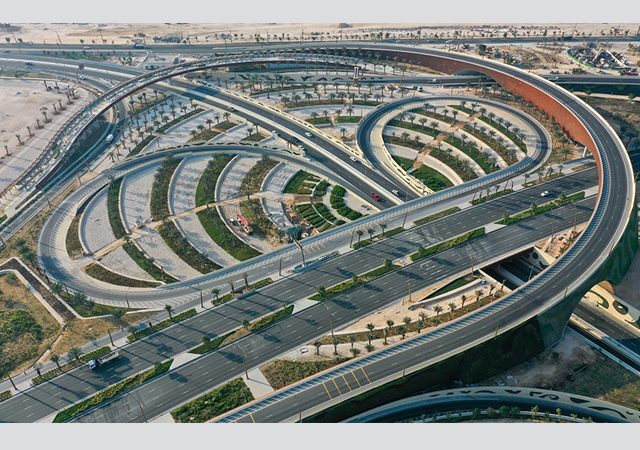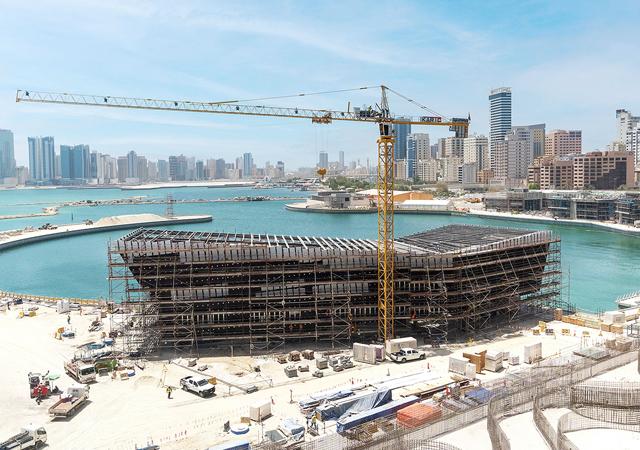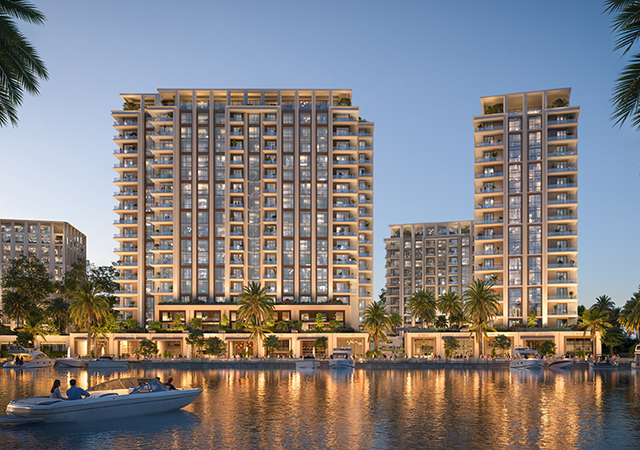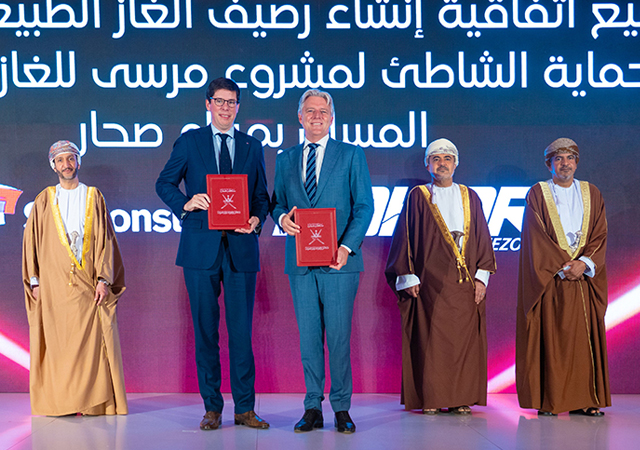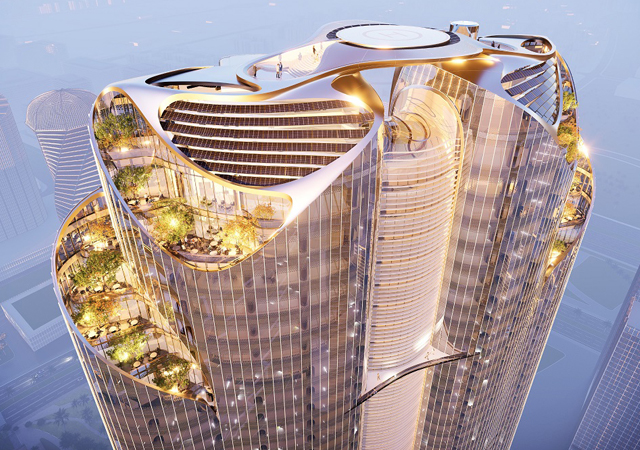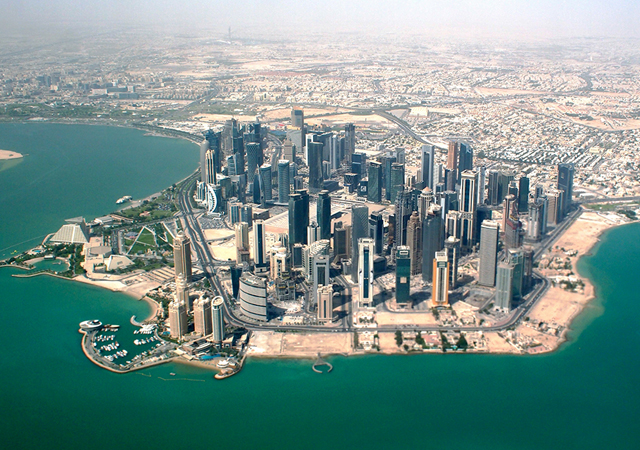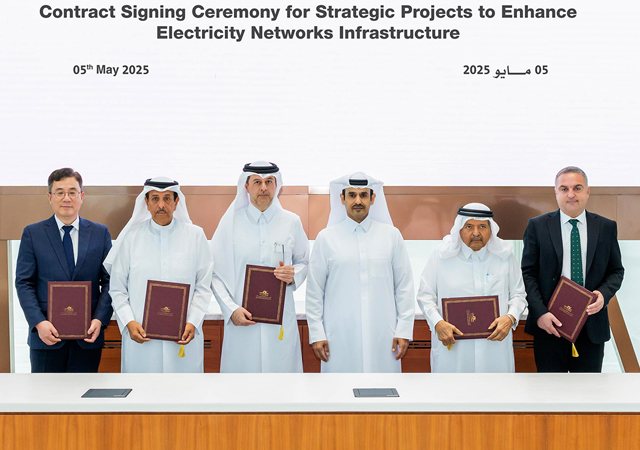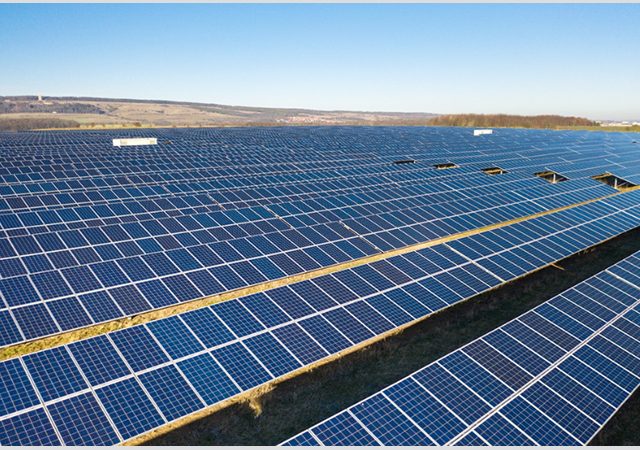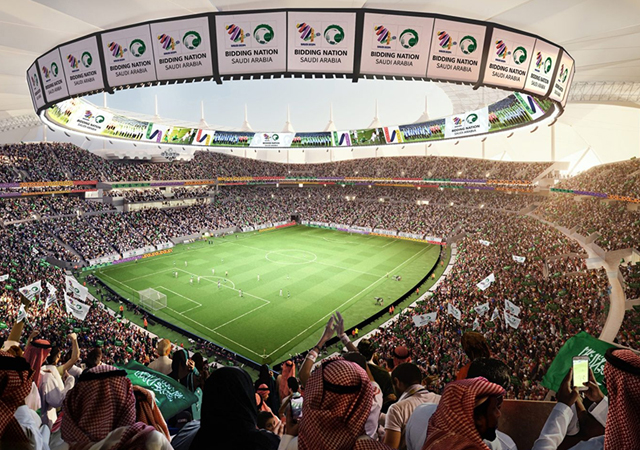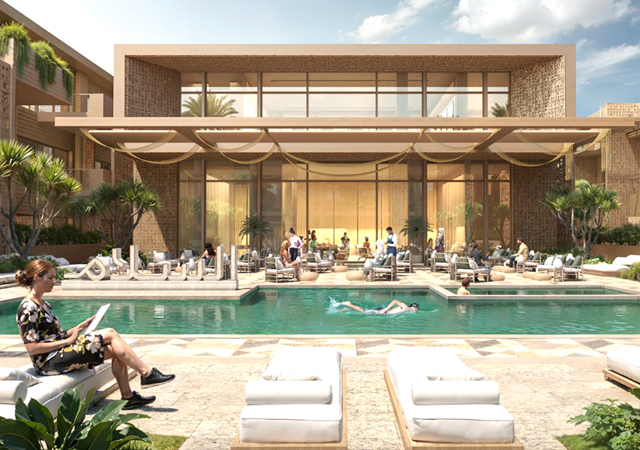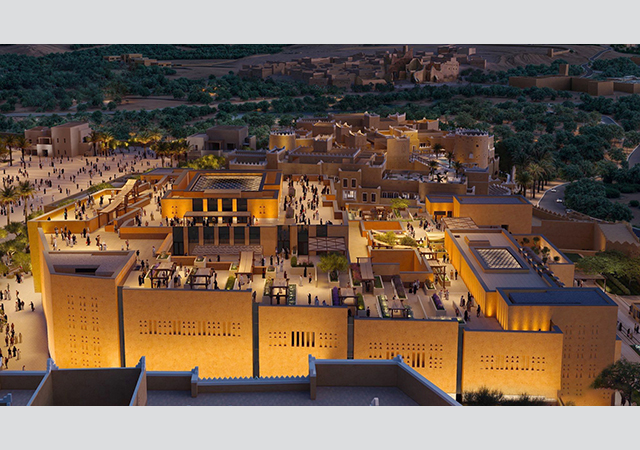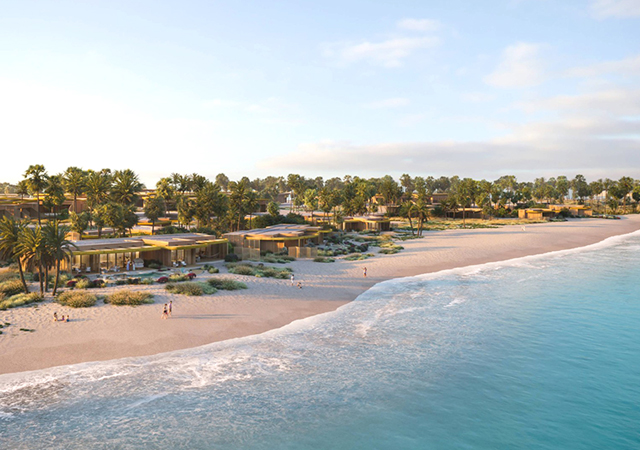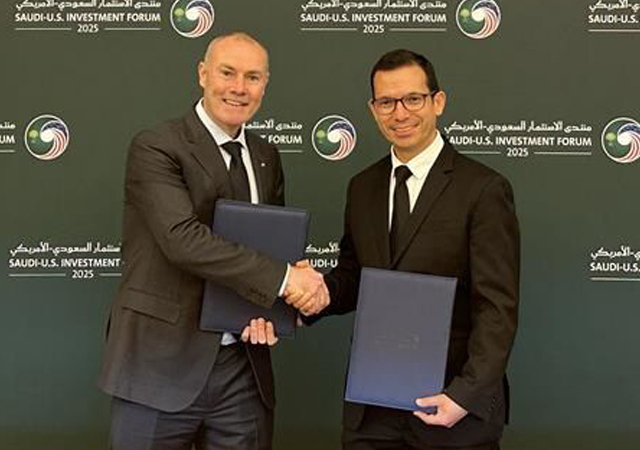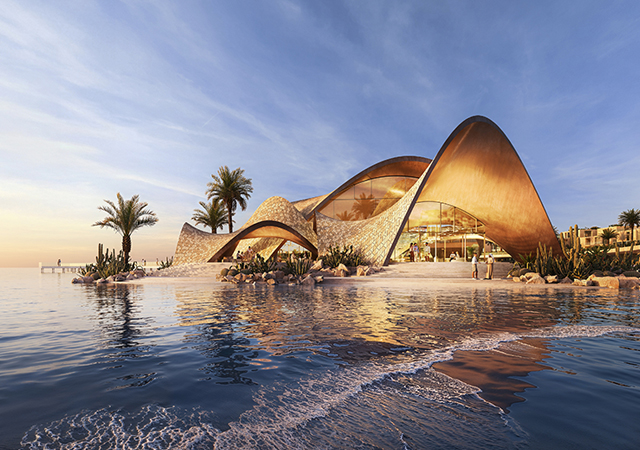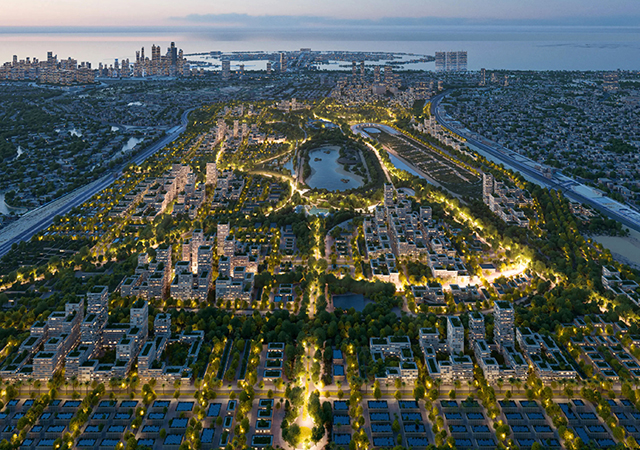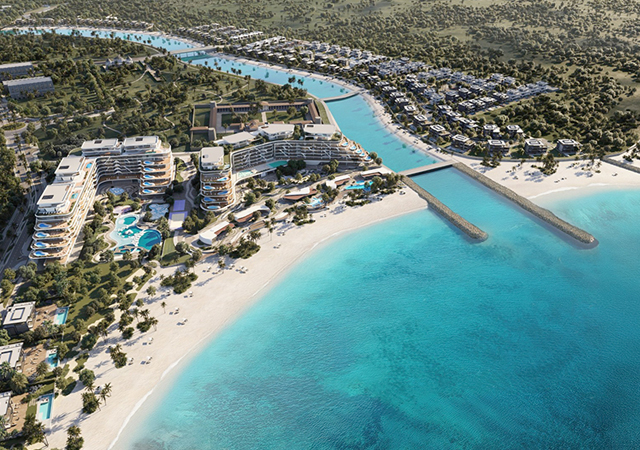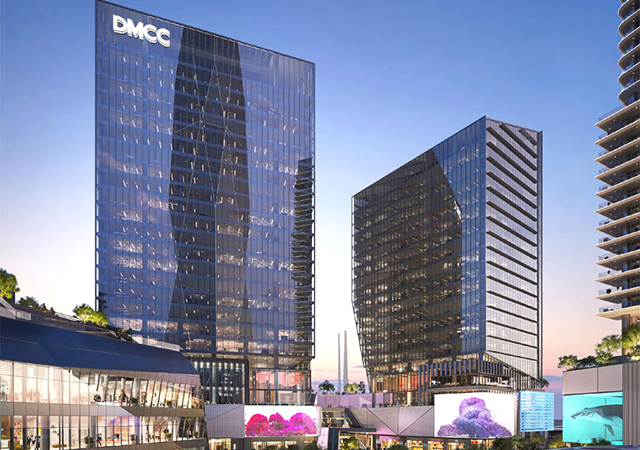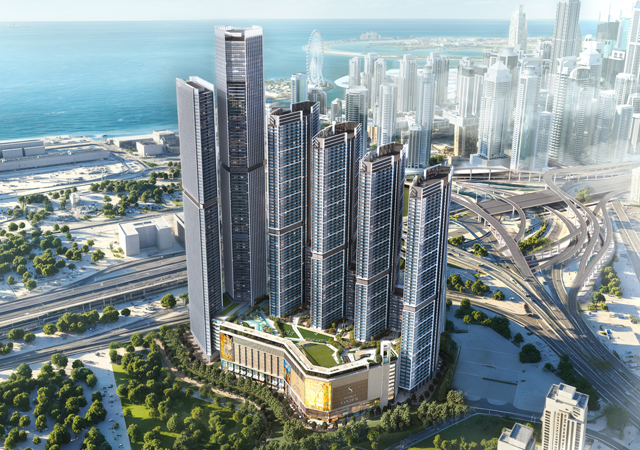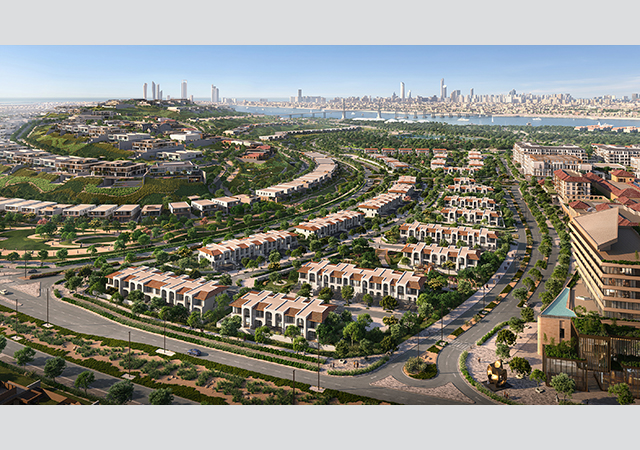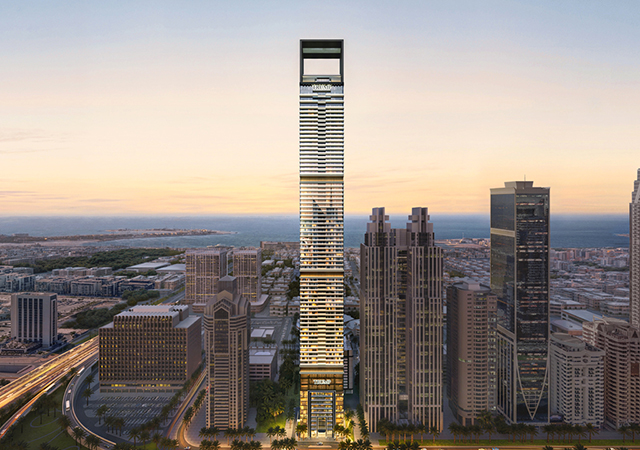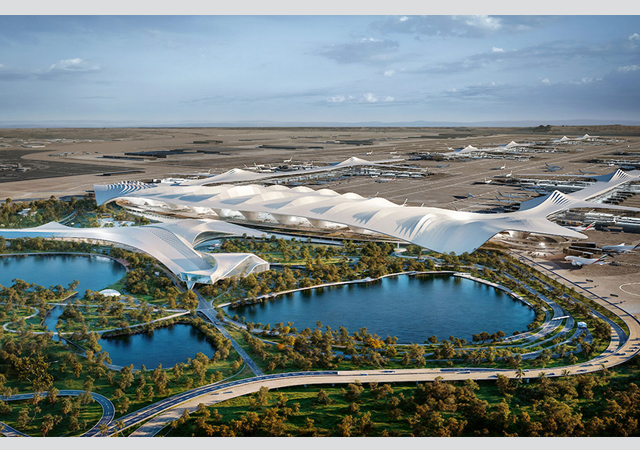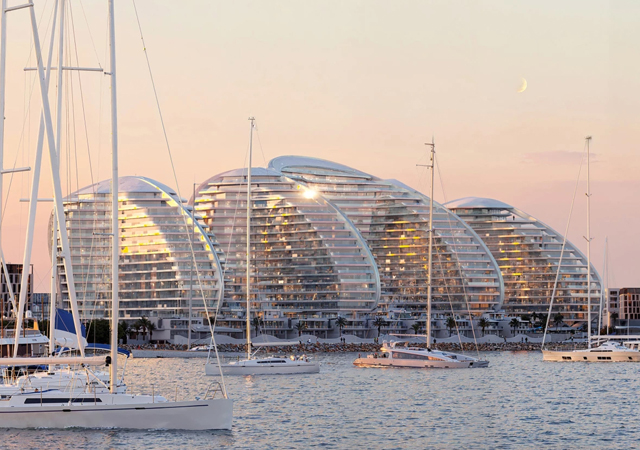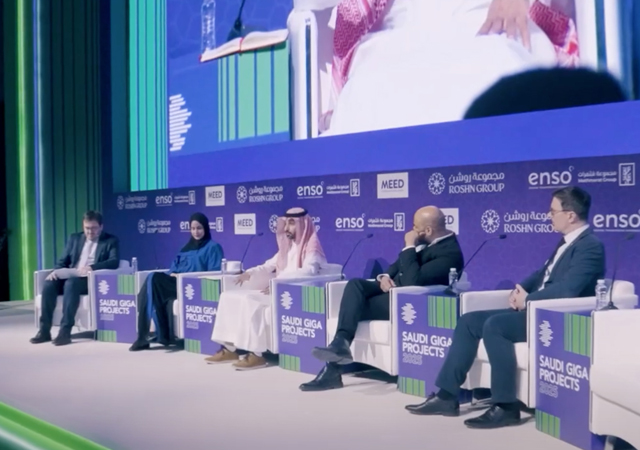
 Al-Mansour .. quality is guaranteed from the start.
Al-Mansour .. quality is guaranteed from the start.
The success of any industrial facility hinges on it having an adequate production capacity, diversified top-quality products, outstanding customer service and support, qualified and well trained staff, up-to-date machinery, advanced production and control systems, stringent safety measures and responsible environment awareness, says Basim Al-Mansour, general manager of Al Fozan Steel Industries Company.
This has been the formula behind the success of the Dammam-headquartered company which has completed large and prestigious orders worth a total of $3 billion since its inception in 1996, he says.
The company is part of Al Fozan Group, a distinguished industrial and trading organisation which started off as Abdul Latif and Mohammed Al-Fozan Company, a pioneering trader of steel and wood in the Eastern Province, in 1969. Today, the group has extended its horizons to cover various parts of the Kingdom and offers a diverse portfolio of construction materials.
Al Fozan Steel Industries Company's facility covers an area of 20,000 sq m in the Dammam Second Industrial City. It is equipped with sophisticated machinery which is operated by qualified, trained and skilled operators under the supervision of professionals of a high calibre.
In order to meet the increasing demand and to cover the entire Kingdom, Al-Fozan Steel Industries opened its second production facility in Jeddah in 1999. With these two facilities having an overall capacity of 200,000 tonnes per year, Al-Fozan Steel Industries Company believes it is well placed to support and serve the requirements of the construction industry of the Kingdom. The company's product range includes steel welded wire reinforcement or fabric or mesh, cold deformed steel wire in coils, deformed and plain straight steel bars, fabricated steel reinforcing bars, prepainted corrugated steel sheets, and square and flat steel bars.
These products have been approved by number of government and leading organisations such as the Ministry of Public Works, Saudi Aramco, Saudi Electric Company, Saudi Basic Industries Corporation (Sabic) and Saudi Arabian Standards Organisation (Saso). In addition, Al-Fozan expects to achieve ISO certification within the next few months.
"Quality is guaranteed from the start, because we use only top-grade raw materials supplied by Saudi Iron and Steel Company (Hadeed), a major producer of quality steel - which also ensures timely delivery of products to our quality-conscious customers," says Al-Mansour.
The company's investments in human resources development, modern machinery, technical and administration systems have all been geared towards establishing and maintaining a quality management system covering all operational aspects and processes, in accordance with the requirements of International Standards Organisation. In addition, the company's product quality conforms to national/ and international standards such as Saso, ISO, JIS, DIN, BS, ACI, and ASTM.
Through years of hard and dedicated work, the company has built up a good reputation among the customers in Saudi Arabia and the other GCC states, says Al-Mansour.
"Environmental protection and safety issues are our primary concern, where great efforts are exerted to meet international standards," he says.
Elaborating on some of the company's products, he says: "Welded wire reinforcement or welded wire mesh or fabric is considered to be the backbone of reinforced concrete. This reinforcement has to withstand tensile loads, and contraction and expansion forces caused by static or dynamic load or by extreme weather conditions in any structure. Therefore, great care has to be taken to use the right quality of steel to withstand the loads safely.
"The wire mesh of olden times, produced by tightening the tie wire manually to the longitudinal and transverse wires to give a mat-like structure, has been replaced by wire mesh produced by electric resistance welding (ERW). Welded wire mesh is fabricated on special machines using ERW (involving fusion combined with pressure). In the automated production process, hot rolled plain steel coil is rolled into cold worked steel wire using the cold rolling process. Then longitudinal and transverse wires are arranged at right angles to each other, and welded together at points of intersections by ERW to produce a top quality finished product.
"The standard deformed wire size, mesh dimension (pitch size, overall length and width), tensile strength across the welds, bend test between the welds and weld shear strength between longitudinal and transverse wires are the important inspection parameters in determining the quality of the welded wire mesh."
This welded reinforcement technique, he says, offers a number of advantages over the old wire mesh systems including:
Apart from the standard applications such as foundations, walls, columns, bridges, tunnels, concrete roads, runaway, the use of welded wire reinforcement has now extended to the manufacture of precast concrete elements and concrete pipes.
Turning to steel rebars, he says: "Steel reinforcing bars provide strength and stability to concrete structures. Engineers carefully evaluate the particular requirements of each structure so as to specify the correct amount of steel. Research in this field has led to the development of different types of reinforcement steel for greater protection of structures under harsh environmental conditions. Before the introduction of modern machines, cutting and bending of steel was done manually which required greater efforts, time and skill. Today with the use of modern machines different shapes from simple to complex are being produced with greater accuracy in a short time, helping us to serve the construction industry better."
Fabricated steel reinforcing bars produced by computerised machines are said to offer the following advantages over manual bending methods:
"We supported our customers in various huge and prestigious projects throughout Saudi Arabia," Al-Mansour says.
These include:
"Saudi Arabia will have several construction projects in many fields such as education, health, gas, water and electricity" according to Al-Mansour. "Our strategy for the future is to build on our success and work hard to achieve new standards of quality products and services. We are confident of attaining our goals through anticipating our customers' demands.
Reader Enquiry No.


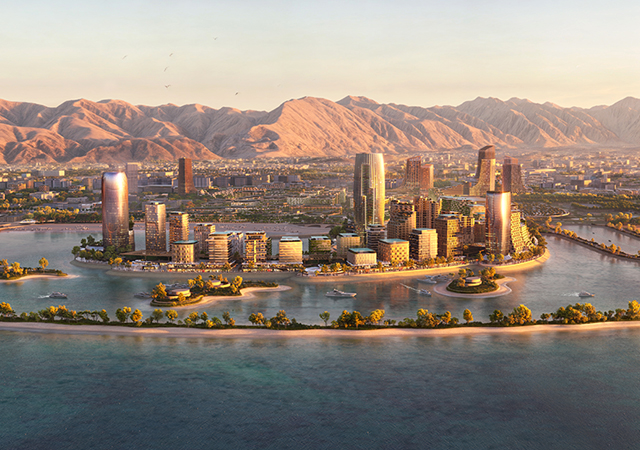
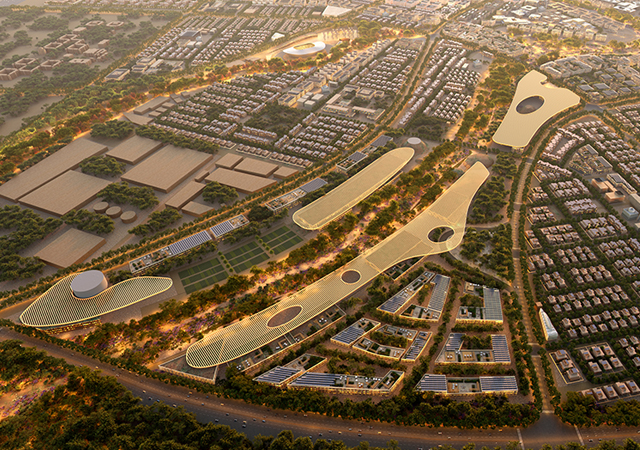
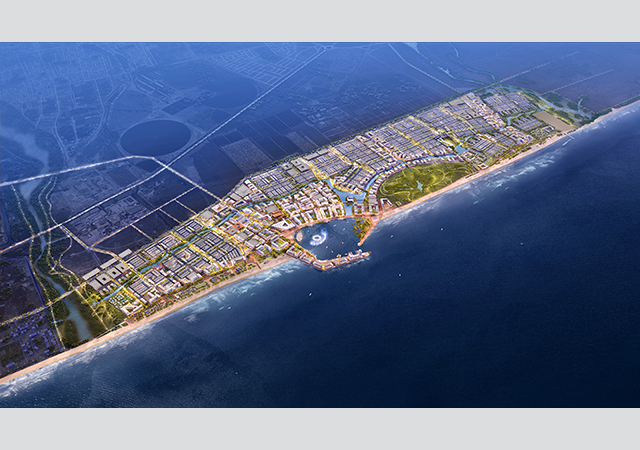
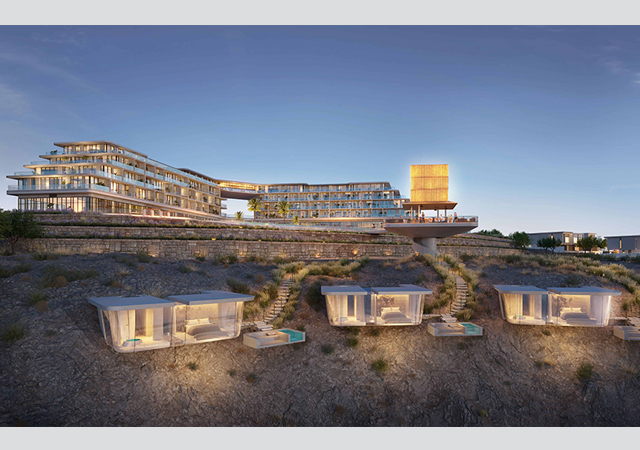
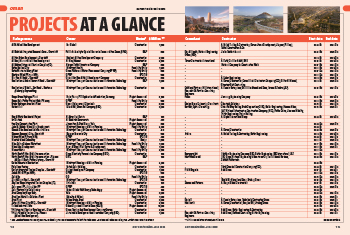
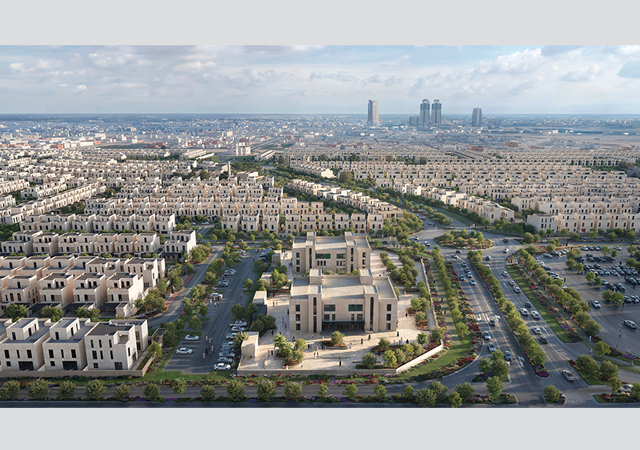
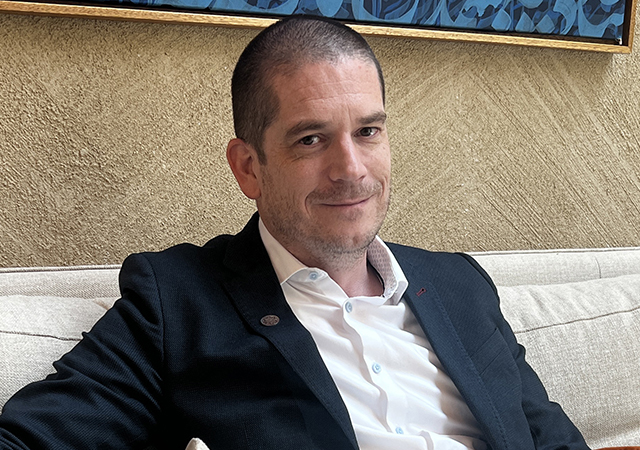

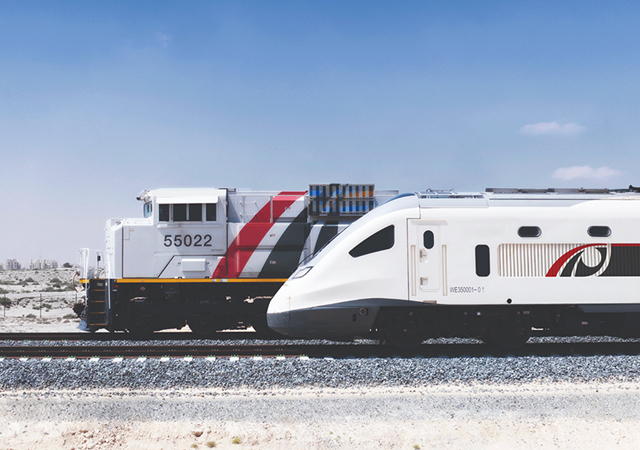
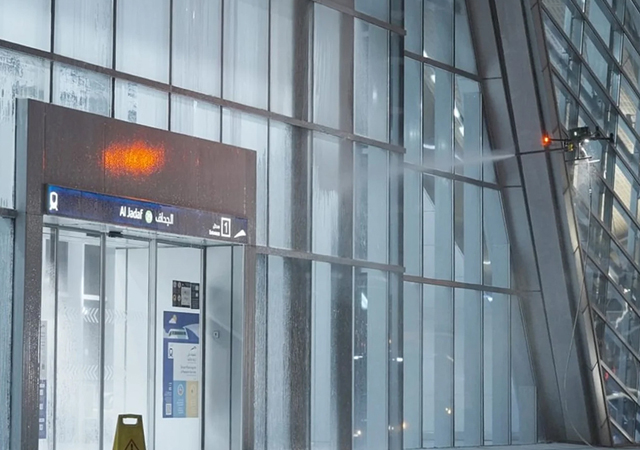
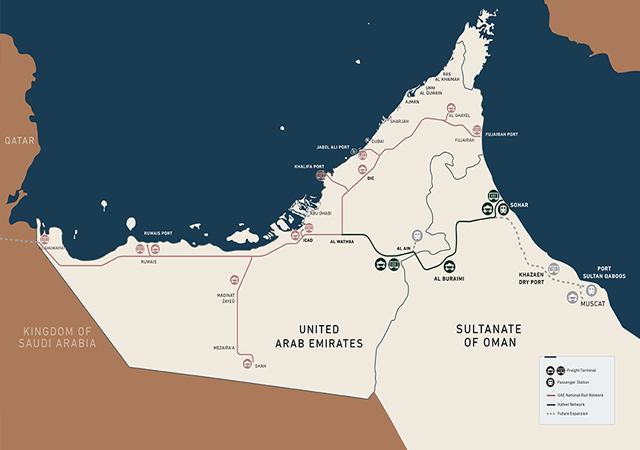
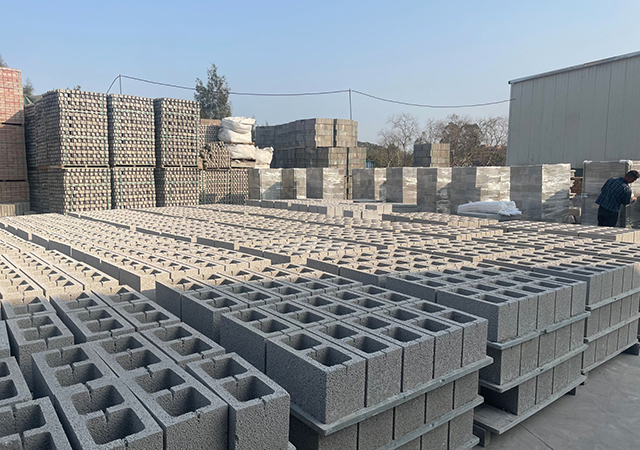
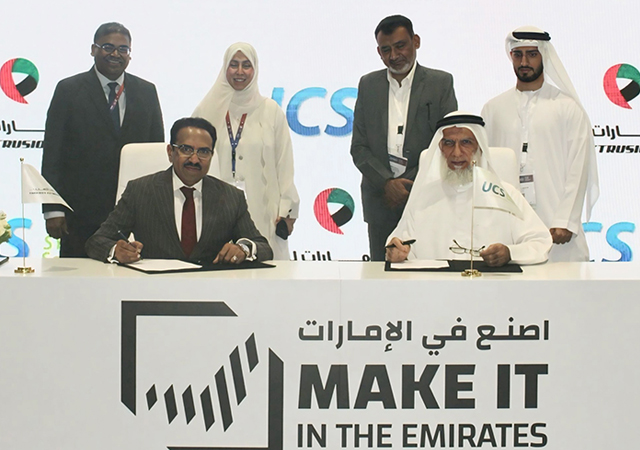
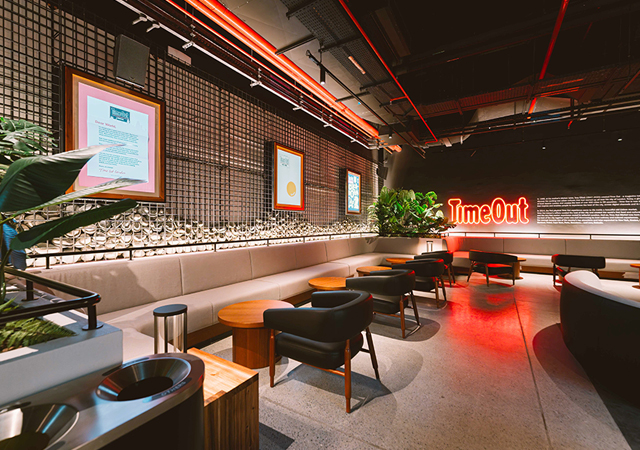
.jpg)
.jpg)
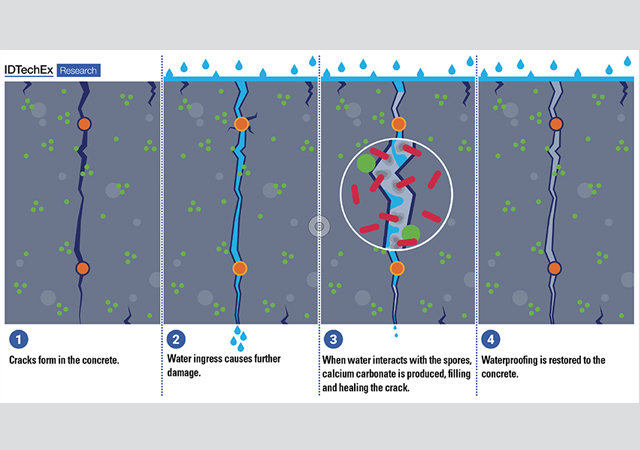
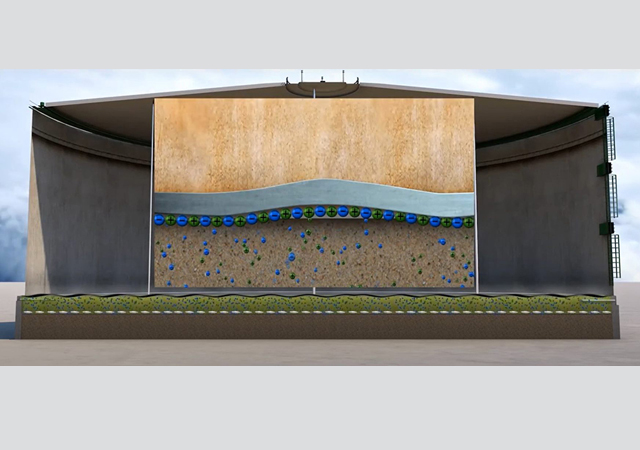
.jpg)
.jpg)
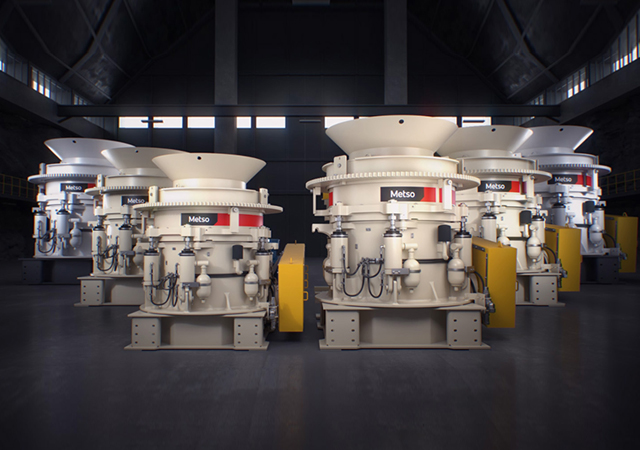
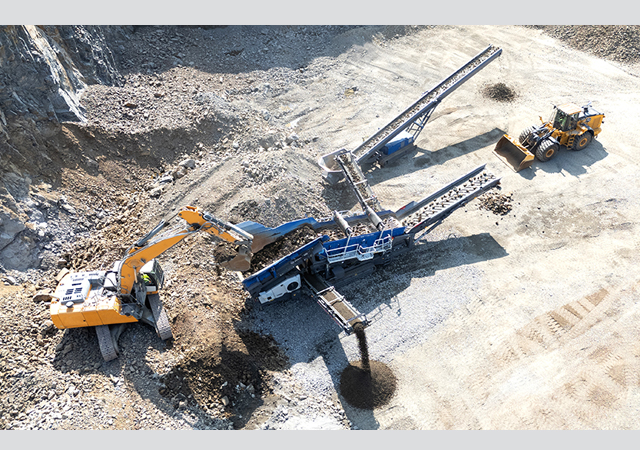
.jpg)
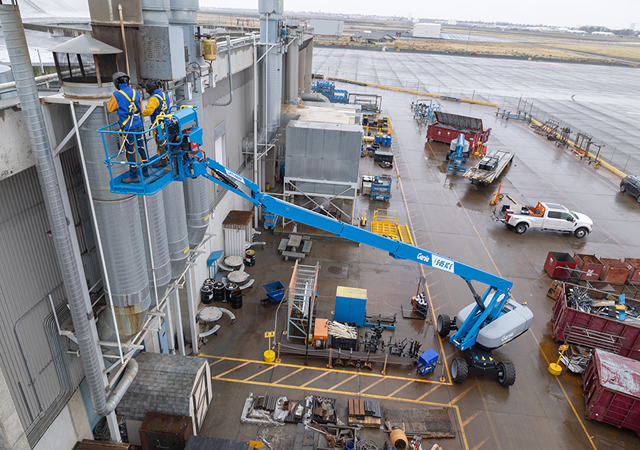
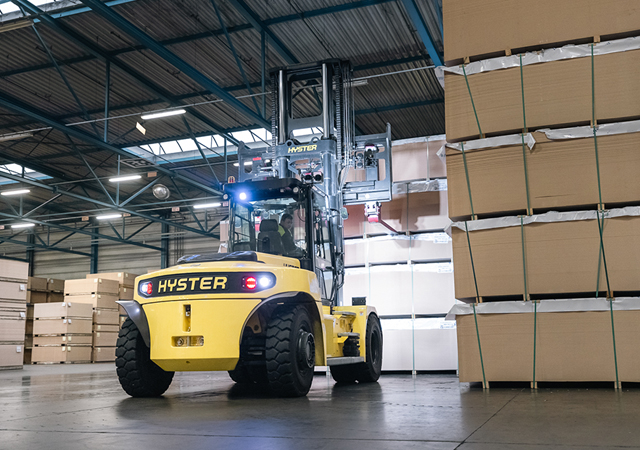
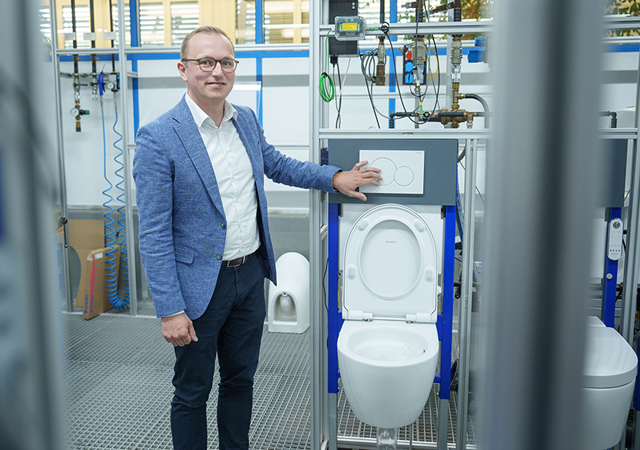
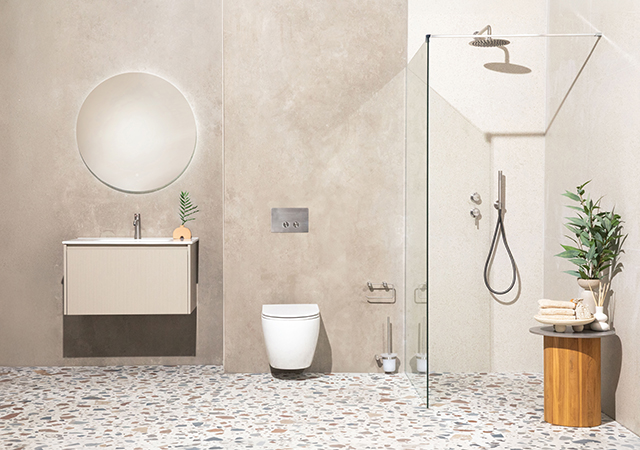
 Doka.jpg)


